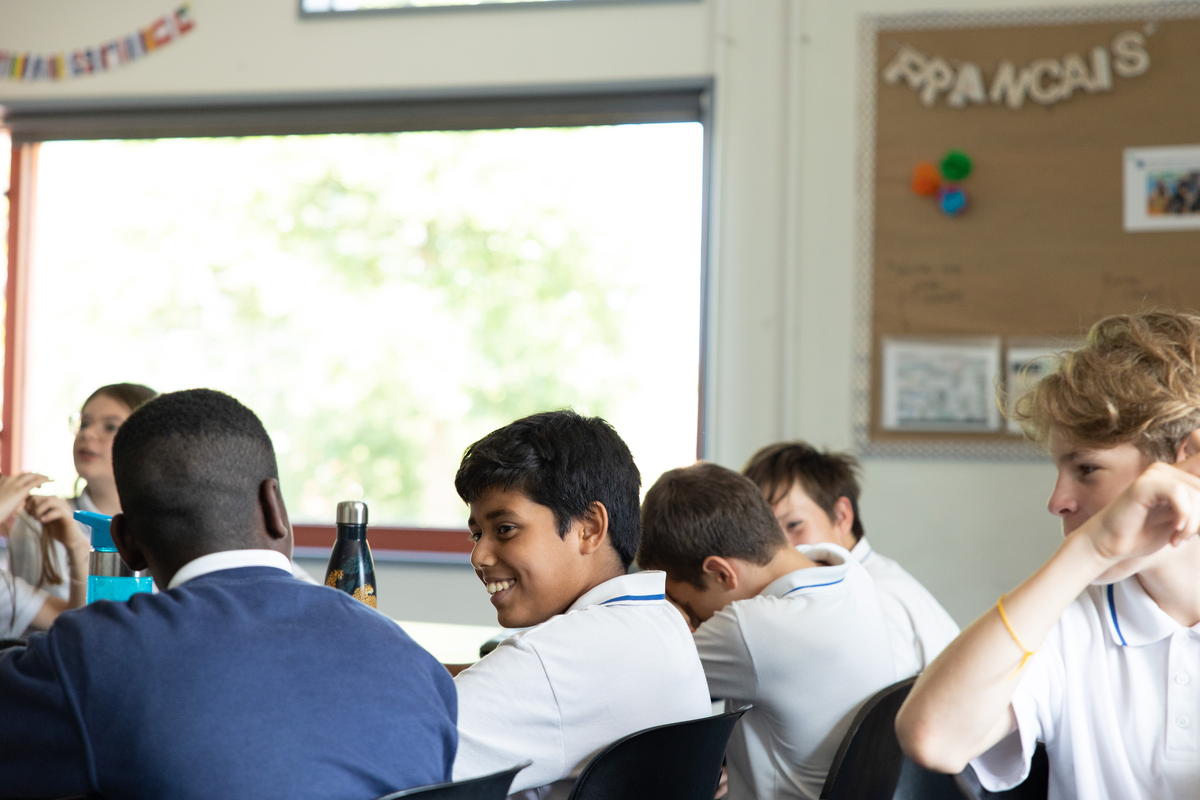Moving to a new school is an exciting time for parents and children. At the BSN, we value your multilingualism and will support you as your child learns a new language.
Staff at all our schools are very experienced in welcoming children and parents from all around the world. We are also very practised in assessing children from different educational backgrounds and are aware of how that can initially impact their learning in the classroom.
What is English as an Additional Language (EAL)?
In many schools, English language acquisition is referred to as ESL (English as a Second Language), but as many of our students are already multilingual, The British School uses the term EAL (English as an Additional Language).

We believe this international and multilingual community enriches everyone's learning experiences and broadens our collective perspectives. It is part of being a British AND International school!
Many of our students, from nearly 90 nationalities, are already proficient in English as a personal and academic language.
For those developing their English in a school context, we provide specialist support within the mainstream classroom and in small group or one-to-one EAL classes. We work with children and young people at all levels of English language development.
Junior School EAL Learners
Senior School EAL Learners
How is EAL taught in the Senior School?
Students who need extra support to develop their English work with language acquisition specialists in small groups. A wide range of materials facilitates language learning in meaningful and realistic contexts for the students' ages and in close collaboration with subject teachers.
In addition, we provide in-class support for small groups and individuals, where possible, to help them develop classroom skills and strategies for academic English literacy.
EAL FAQs
Academic language development is a long-term but rewarding journey for students learning EAL. We constantly assess progress and reduce support incrementally as students are increasingly able to access and respond to the curriculum successfully on their own. Timetable changes and decisions regarding changes in support are always taken in consultation with the students themselves and with their parents.
As the curriculum at the BSN is delivered exclusively in English, the priority is to develop academic English to the point at which students can access the content of lessons independently.
In Years 7 to 9, this means swapping some language lessons for EAL lessons so that students can fit specialist support into their timetables.
In Year 10 and 11, students opt to take EAL lessons in support of their language development and GCSE courses.
Generally, we advise parents that students who are new to English will not be ready to access GCSE courses if they enter the school in Year 10, but individual circumstances will always be carefully considered.
It’s important to note that students may be tired after a long day in English, particularly if they are at the beginning of their language acquisition journey. Reading fun and motivating material in English, as well as tuning into English websites and videos at home, is a great way to develop an interest in the language and motivate students to move forward.
However, we strongly believe in multilingualism and the most important part parents often play is talking to their children in their home language which supports the development of their personal and academic register in both languages.


.png?command_1=resize&width_1=260&height_1=345)





